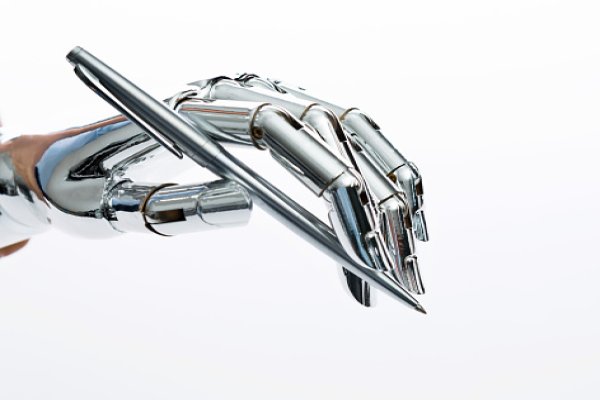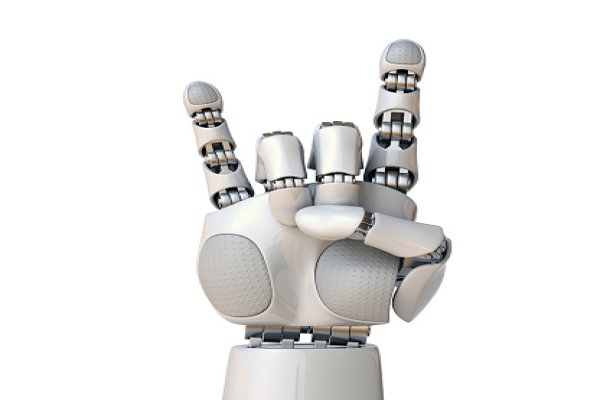In an unprecedented move, a judge recently used artificial intelligence (AI) to help weigh in on an important legal decision. By utilizing ChatGPT – one of the foremost question-answering AI models currently available – the court was able to make more informed decisions about certain areas of law based on its analysis and interpretation of chatbot conversations with lawyers.
Moreover, this is believed to be the first time an AI model has been used in a judicial setting. This groundbreaking use case is to revolutionize how courts process information and could prove extremely beneficial when reaching various types of landmark rulings.
A Colombian judge appears to have made a legal ruling with the assistance of ChatGPT, an AI text generator. This is reportedly the first time such a decision has been made using artificial intelligence, and it is believed to be the first instance of its kind that has been documented.
Judge Juan Manuel Padilla Garcia, the presiding judge of the First Circuit Court in Cartagena, revealed that he employed an AI tool to ask questions regarding the case at hand and incorporated its answers into his judgment, per a court document dated January 30th, 2023.
Garcia noted in the decision, translated from Spanish that the arguments for this decision would be established based on using artificial intelligence (AI). Therefore, certain aspects of the legal inquiries raised during these proceedings were considered.
He emphasized that these AI-generated texts are not meant to take the place of a judge’s ruling; rather, they are intended to maximize the efficiency of the process by verifying data with artificial intelligence before creating judgments.
A disagreement between a health insurance provider and the parents of an autistic child about whether the necessary medical care should be covered was the subject of this dispute.
The court document stated that the AI machine was presented with two legal queries: “Are autistic minors exempt from paying for their treatments?” and “Have constitutional court rulings been favorable in similar cases?”
In his ruling, Judge Garcia considered the chatbot’s entire responses, which is thought to be a first for any judge. Furthermore, he developed further insights based on legal precedents and combined these with the AI’s arguments to make his decision. His ruling was not solely dependent on the dialogue between him and the robot; instead, he supplemented it with his research into relevant laws before concluding his judgment.
In Colombia, using AI in court decisions is not prohibited; however, ChatGPT and similar systems have been known to provide biased, prejudiced, or simply incorrect responses. This is because the language model lacks actual comprehension of the text – it just creates sentences based on probability from the vast number of examples used to teach the system.
OpenAI, the creators of ChatGPT, have implemented filters to reduce the number of inappropriate responses. However, they must warn users that this technology is still very limited and should not be used for serious decisions.
A judge has allegedly been the first to employ an AI text generator like ChatGPT. However, some courts have generated debate as they have started using automated decision-making devices for determining sentencing and bail for criminal defendants.
AI ethicists have been extremely vocal in disapproving of using these systems in courts. They argue that the systems often reinforce biased stereotypes and exacerbate societal disparities.
It appears probable that further developments will follow, given the information in the Colombian court filing, which suggests that the AI was mainly employed to expedite the drafting of a ruling, and its replies were examined for accuracy.
ORIGINAL REPORTING ON EVERYTHING THAT MATTERS IN YOUR INBOX
By signing up, you accept our Terms of Use and Privacy Policy. You also confirm that you are happy to receive electronic communications from the Vice Media Group, which may include marketing promotions, advertisements, and sponsored content.
This is a huge win for the company and could potentially pave the way for wider adoption of their technology in other legal systems. It’s an interesting use case for ChatGPT and one that I’m sure people will be watching closely in the coming months.
Source: @vice



